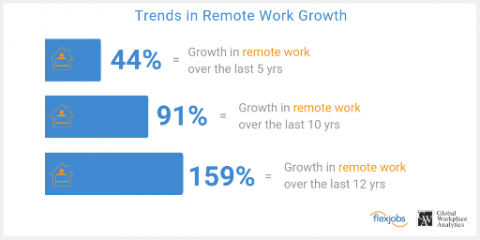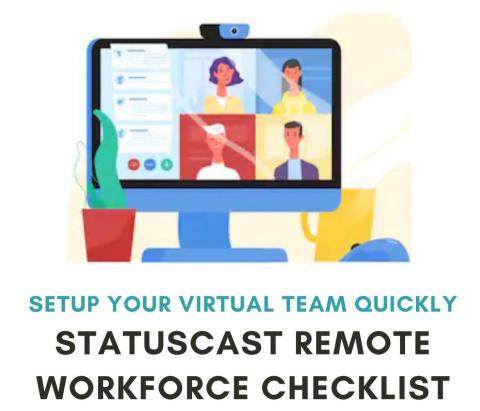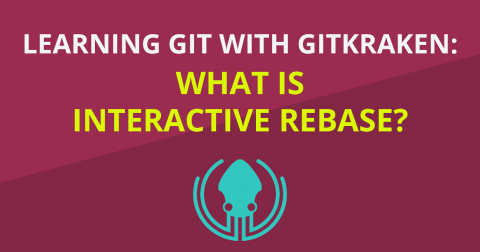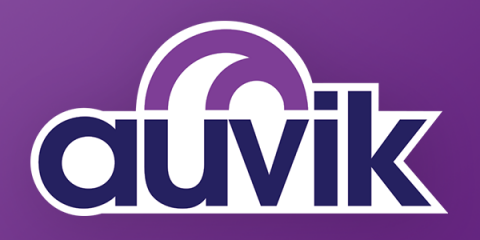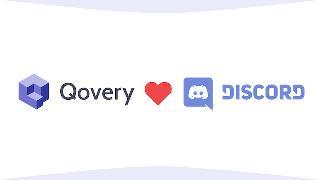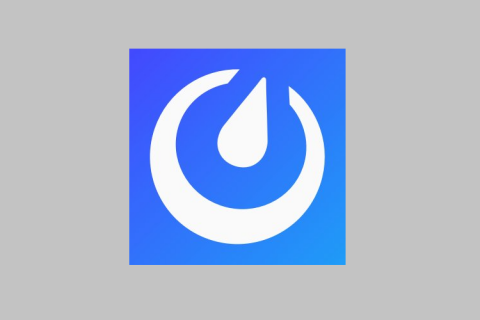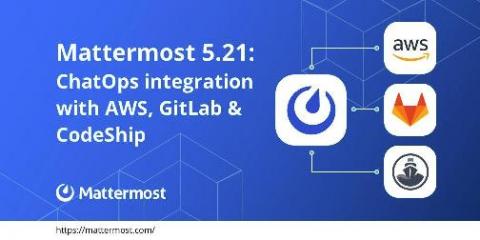How can Spiceworks Ziff Davis help you during the COVID-19 pandemic?
The COVID-19 crisis is everywhere and affecting everyone, especially IT professionals. During this time of the coronavirus (COVID-19) crisis, like many other enterprises around the world, Spiceworks Ziff Davis has also made work-from-home (WFH) mandatory for all employees globally. While this ensures the protection of our employees, it has caused great disruption because not every team was set up for immediate and effective remote work.



